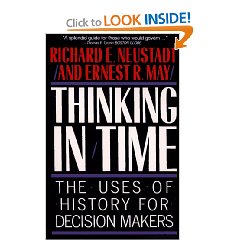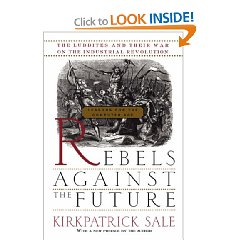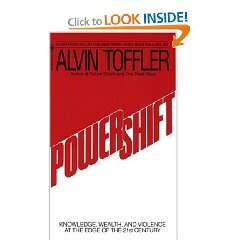This has several implications, and I regard this book as one of perhaps five that are long-term essential building blocks for the new craft of analytic tradecraft being devised by the CIA's Kent Center and Jack Davis:
1) Intelligence is remedial education for policymakers. There is no getting around this. While the authors are much more diplomatic than I could ever be, the raw fact is that most policy makers are very loosely-educated and generally do not have a high-quality international affairs education or substantive experience dealing with foreign affairs or even national affairs. They are local lawyers, businessmen, “friends of the President,” etcetera.
2) Objective, internationalist intelligence will always be in conflict with subjective, domestic politics unless–and this is the other new theme just now emerging, years after the author's published their work–there is a public intelligence community and the citizen-voters are receiving sufficiently compelling intelligence they can use to demand and vote for early and thoughtful action instead of in extremis reaction.
3) The book breaks new ground in establishing the importance of history, not only for drawing intelligence conclusions (understanding ethnic conflict, for example, is best done in the context of 200+ years of prior history), but for translating, converting, interpreting foreign events, threats, and opportunities in domestic historical terms that can be more easily absorbed by very busy policymakers.
I do not mean to suggest that the authors are condescending. Far from it. They take a very difficult and complex matter, that of speaking truth to power about foreign issues, and offer it up in a very sensible and understandable form.
The best of the students using this book for coursework will understand that it is a “keeper,” of lasting value as a future reference, worth returning to from year to year for a refresher on the value of history in both understanding and communicating.










